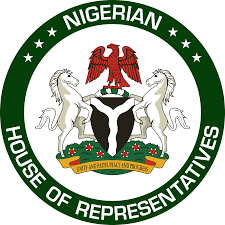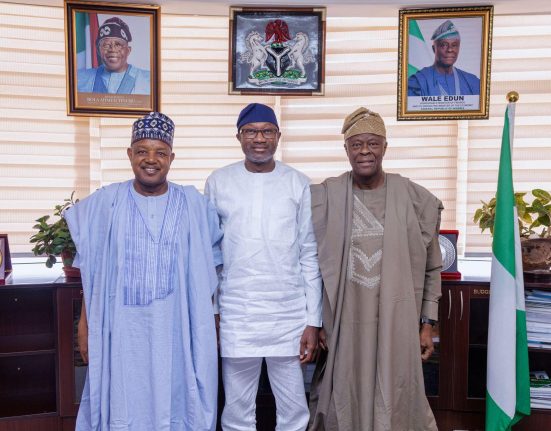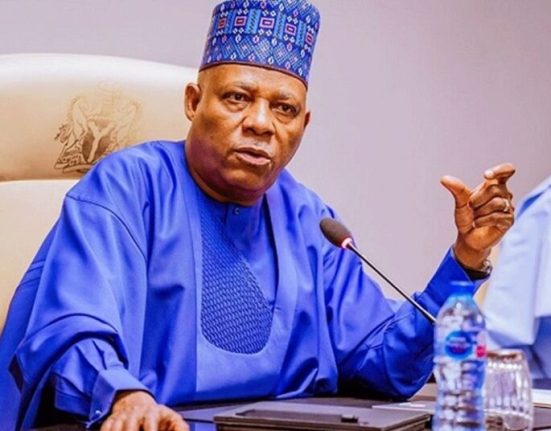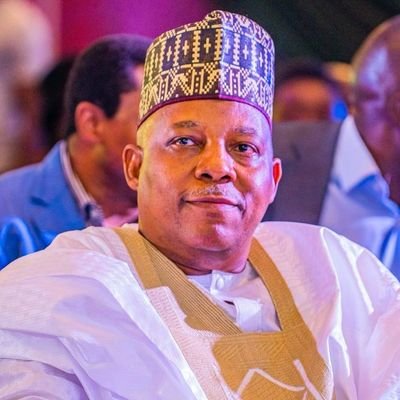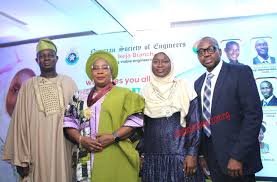On Thursday, the House of Representatives took a significant step towards the eventual passage of four tax reform bills presented by President Bola Ahmed Tinubu on October 8, 2024. The House Committee on Finance’s report was considered and approved, paving the way for the bills to be read for the third time before their final passage.
The four bills include the Nigeria Revenue Service (Establishment) Bill, the Nigeria Tax Bill, the Nigeria Tax Administration Bill, and the Joint Revenue Board (Establishment) Bill.
Initially read on October 8, 2024, the bills faced delays due to disagreements over the Nigeria Tax Administration Bill, particularly objections from northern leaders and the Nigerian Governors Forum. Chairman of the House Committee on Finance, James Abiodun Faleke, presented the report, noting that all contentious areas were addressed during a six-day retreat and public hearing.
Key recommendations and proposals from the public hearing include:
Nigeria Revenue Service Bill: One representative from each of the 36 states on the Board of the Service, and the power to distrain subject to a valid court order. Concerns were raised about the definition of ‘tax’ encroaching on the revenue collection functions of other agencies like the Nigeria Customs Service.
Joint Revenue Board (Establishment) Bill: Deletion of the tenure and retirement age of the Secretary to the Tax Appeal Tribunal, new qualifying conditions for Coordinating and Zonal Secretaries, and the creation of a Tribunal Fund with 2% of non-oil revenue for adequate funding. The proposal to scrap the Office of the Ombud was also suggested.
Nigeria Tax Administration Bill: Establishment of uniform guidelines for tax agents’ accreditation, removal of regulations relating to State Revenue Service and Local Government Tax Boards, restriction of the President’s powers to exempt/waive tax payments, and phased implementation for VAT fiscalisation. Further consultations for an equitable VAT sharing formula and flexible implementation of Tax ID requirements were also recommended.
General Recommendations: Replacement of ‘ecclesiastical’ with ‘religious’ in the Nigeria Tax Bill, deletion of the proposed re-introduction of inheritance tax, reduction of VAT rate to 5% or maintaining the current rate of 7.5%, and reinstatement of contributions towards NASENI and NITDA. The need for a Certificate of Acceptance of Fixed Assets (CAFA) to claim capital allowance was also reinstated.
Faleke emphasized that oil and gas royalties would be collected by the Federal Inland Revenue Service, with the NUPRC restricted to operational matters. The committee also proposed deleting exemption and incentive clauses from the NEPZA and OGFZA Acts, reverting to current provisions and practices within free zone entities.

